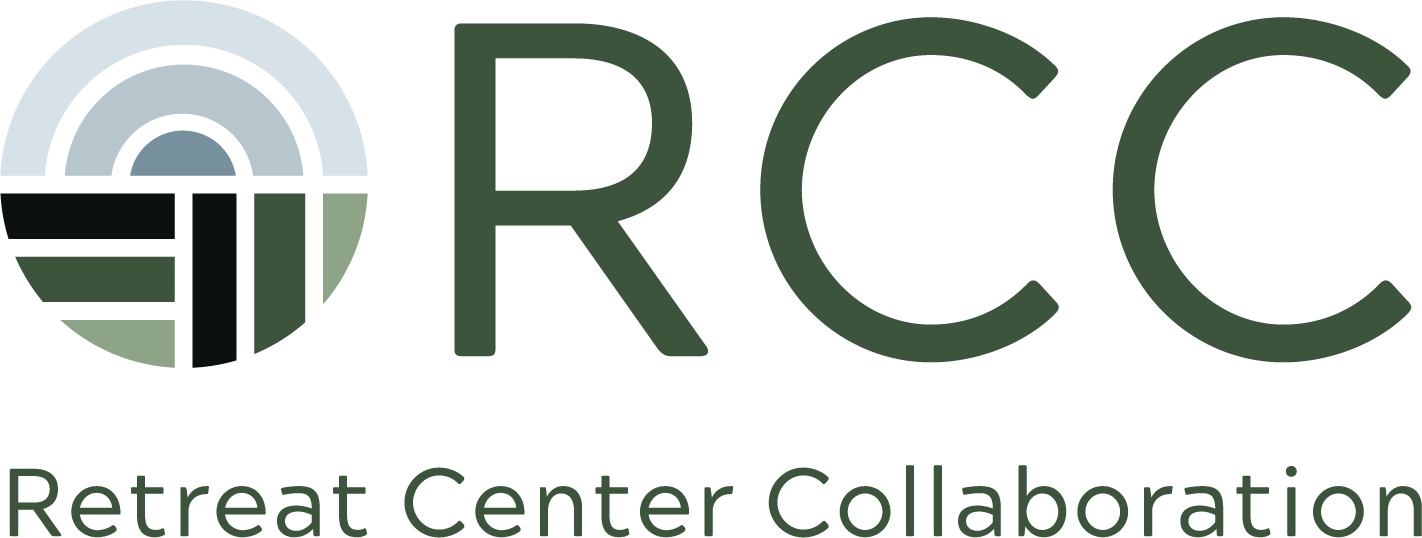Learnings from the JEDI Circle
The work of illuminating unconscious biases, confronting internalized racism and unpacking layers of dominant cultural conditioning requires that we see our lives and the lives of others through the JEDI lens (Justice, Equity, Diversity and Inclusion). By being in JEDI practice, we become more conscious, more compassionate and more curious about ourselves, others and our world. We begin to see that this work leads to true liberation and change. And we begin to realize that until there is ‘wellness in we’ there will never be ‘wellness in me.’
This work is messy, hard, and chock full of mistakes. But in the JEDI Circle we create a brave space. A space that we must show up and do our work. We speak our truth and listen deeply to other’s truths, and notice how it shows up in our body and heart. JEDI work requires that we bring our whole self and and not just our intellect: to reconnect with our whole humanity.
For the past 6 months, the Retreat Center Collaboration has invited retreat center leaders into this embodied practice together in a JEDI Circle. Facilitators Jenyng Wu and Justine Johnson joined us for a recent Community Call to share what they've learned along the way.
Here are some takeaways.
JEDI Circle Process and Implementation
The Design
Designed to be “go at your own pace”
More resources
Build trust
So concretely real, and based in the heart
JEDI is a framing within all types of programming
Honoring the journey, not producing something
Contemplative in action
The Team
Lead Design and Facilitator w/RCC Project Coordinator
RCC Steering Committee members as input/feedback loop and anchors in circles
Cadence: met before and after every circle to prep/plan and assess/design
Team brought a little of themselves (i.e. opportunity to facilitate opening/closing, practices)
The Circle
12 people max
Group came up with their own agreements, reviewed at the beginning of every meeting
Every circle had a design but allowed for flexibility for what was needed by the who that showed up; allowing for the emergent
Participants showed up fully for themselves and each other
The Technology
Virtual and via Zoom, used Mural, music, poetry, meditation; used breakouts early on but then just group (as it was small)
Mural the journey (personal strip, agreements, resources)
Visual map of current reality
Three cycles of head/heart process toward understanding an aspect of JEDI (Whiteness and Spiritual Bypassing)
JEDI Circle Learnings
Deep head/heart work, could have dived in more on Spiritual Bypassing; participants asked to use materials in their centers (i.e. staff/board share)
Much work was done in ‘heart space’ speaking to lived experiences and how they have formed us
Acknowledgement that the next step for participants is ‘hands’ work — the tangible actions
Desire to continue and hold space for connection/community building in this area (JEDI)
There’s more to learn and a desire to continue on the learning journey
The circle participants preferred to learn rather than lead their own circles
Invitation to over 200 center members in the RCC, registration capped at 12 participants, 8 participants registered, an average of 4 participants showed up at each JEDI Circle (not counting ‘The Team’). What does that mean for this work, level of impact and speed of impact for JEDI transformation?
More Resources
Please contact Jenyng Wu with any questions on JEDI Circles or program design.
Click through to take a peek at the slide deck, notes, audio recording, and Mural template.
